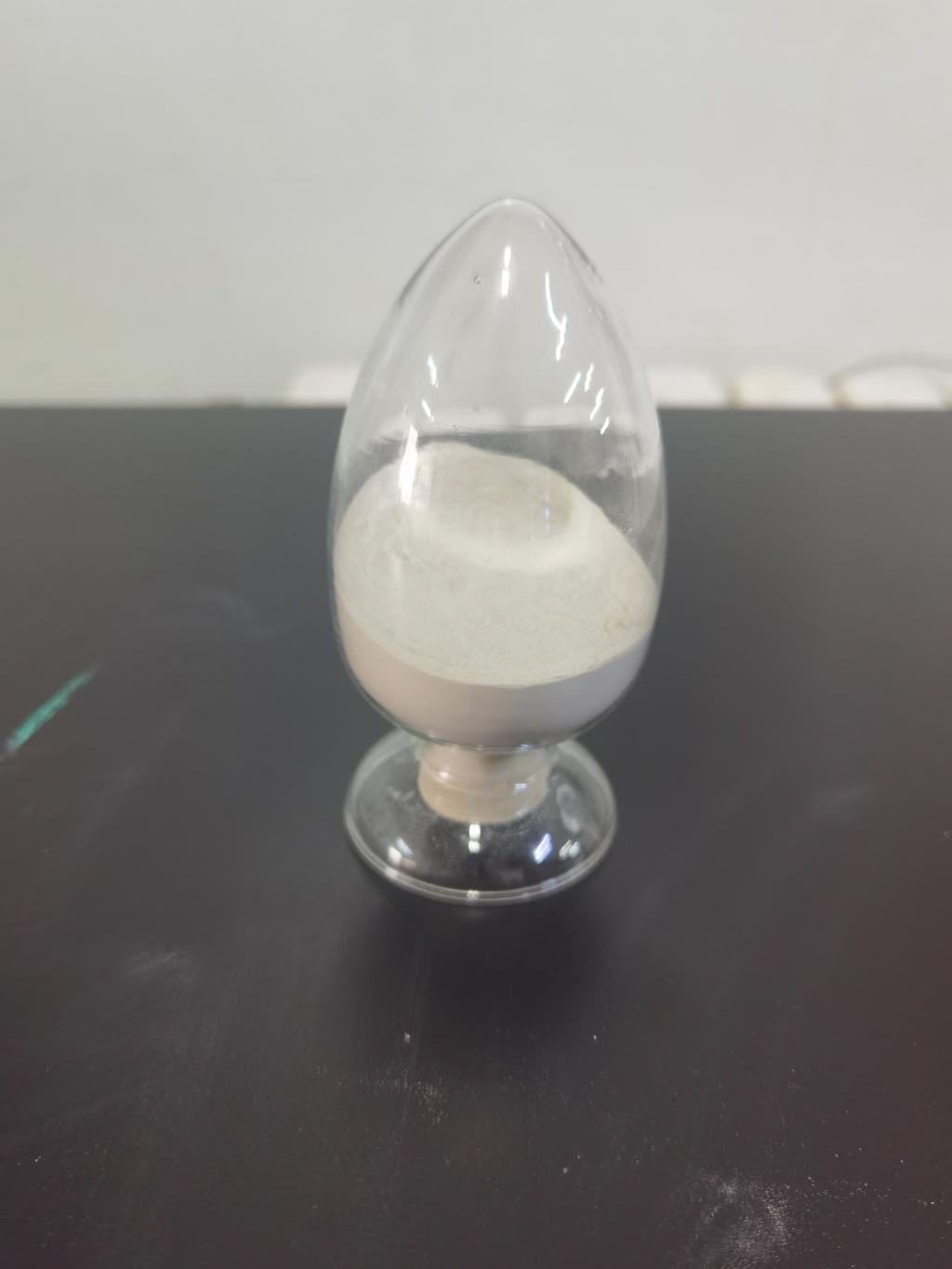Tel:+8618231198596

News
 CONTACT
CONTACT
 CONTACT
CONTACT
- Linkman:Linda Yao
- Tel: +8618231198596
- Email:linda.yao@dcpharma.cn
- Linkman:CHARLES.WANG
- Department:Overseas
- Tel: 0086 0311-85537378 0086 0311-85539701
News
Is Nisin commonly used in the dairy industry, and if so, what are its specific applications?
TIME:2023-07-19
Preservation of Cheese:
One of the primary applications of nisin in the dairy industry is the preservation of cheese. Nisin inhibits the growth of spoilage bacteria, such as Listeria monocytogenes and Clostridium tyrobutyricum, which can cause defects and shorten the shelf life of cheese. By incorporating nisin into cheese formulations, manufacturers can prevent microbial contamination and enhance the product's overall quality and safety. Nisin's efficacy against a wide range of bacteria makes it a valuable tool in preventing the growth of pathogenic microorganisms during cheese production and storage.
Extended Shelf Life of Dairy Products:
Dairy products, including milk, yogurt, and cream, are susceptible to spoilage caused by various microorganisms. Nisin offers a natural solution for extending the shelf life of these products. By inhibiting the growth of spoilage bacteria, nisin helps maintain the freshness and quality of dairy products for a longer duration. This allows manufacturers to reduce waste, increase product availability, and enhance consumer satisfaction. Nisin's ability to target specific bacteria while preserving the beneficial properties of dairy products makes it an attractive preservation method in the industry.
Reduction of Heat Treatment:
Traditionally, the dairy industry relied on high-temperature treatments, such as pasteurization and sterilization, to eliminate pathogens and increase the shelf life of products. However, these processes can adversely affect the sensory attributes and nutritional value of dairy products. By incorporating nisin as a natural preservative, dairy manufacturers can reduce the reliance on heat treatment, thereby preserving the product's sensory characteristics and nutritional content. Nisin's antimicrobial activity allows for lower heat treatment, enabling the production of minimally processed dairy products that closely resemble their fresh counterparts.
Control of Biofilm Formation:
Biofilms are slimy bacterial communities that can form on surfaces, equipment, and pipelines within dairy processing plants. They are notorious for causing contamination and increasing the risk of foodborne illnesses. Nisin has demonstrated efficacy in controlling biofilm formation by inhibiting the attachment and growth of bacteria on various surfaces. By incorporating nisin-based cleaning and sanitization protocols, dairy facilities can effectively manage biofilm-related issues and ensure a hygienic production environment.
Enhanced Food Safety:
Ensuring the safety of dairy products is paramount for manufacturers and consumers alike. Nisin plays a vital role in enhancing food safety by targeting pathogenic bacteria commonly associated with dairy products. Its effectiveness against pathogens such as Listeria monocytogenes, Staphylococcus aureus, and Bacillus cereus provides an added layer of protection against foodborne illnesses. Nisin's natural origin and widespread acceptance as a food preservative contribute to its appeal as a safe and reliable antimicrobial agent.
Conclusion:
Nisin has emerged as a valuable tool in the dairy industry, offering a natural and effective means of preserving dairy products. Its applications span across cheese preservation, extension of shelf life, reduction of heat treatment, control of biofilm formation, and enhancement of food safety. The versatility and efficacy of nisin make it an attractive choice for dairy manufacturers aiming to ensure product quality, safety, and consumer satisfaction. With ongoing research and development, the applications of nisin in the dairy industry are expected to expand further, driving advancements in food preservation techniques and promoting sustainable practices.
- Tel:+8618231198596
- Whatsapp:18231198596
- Chat With Skype







